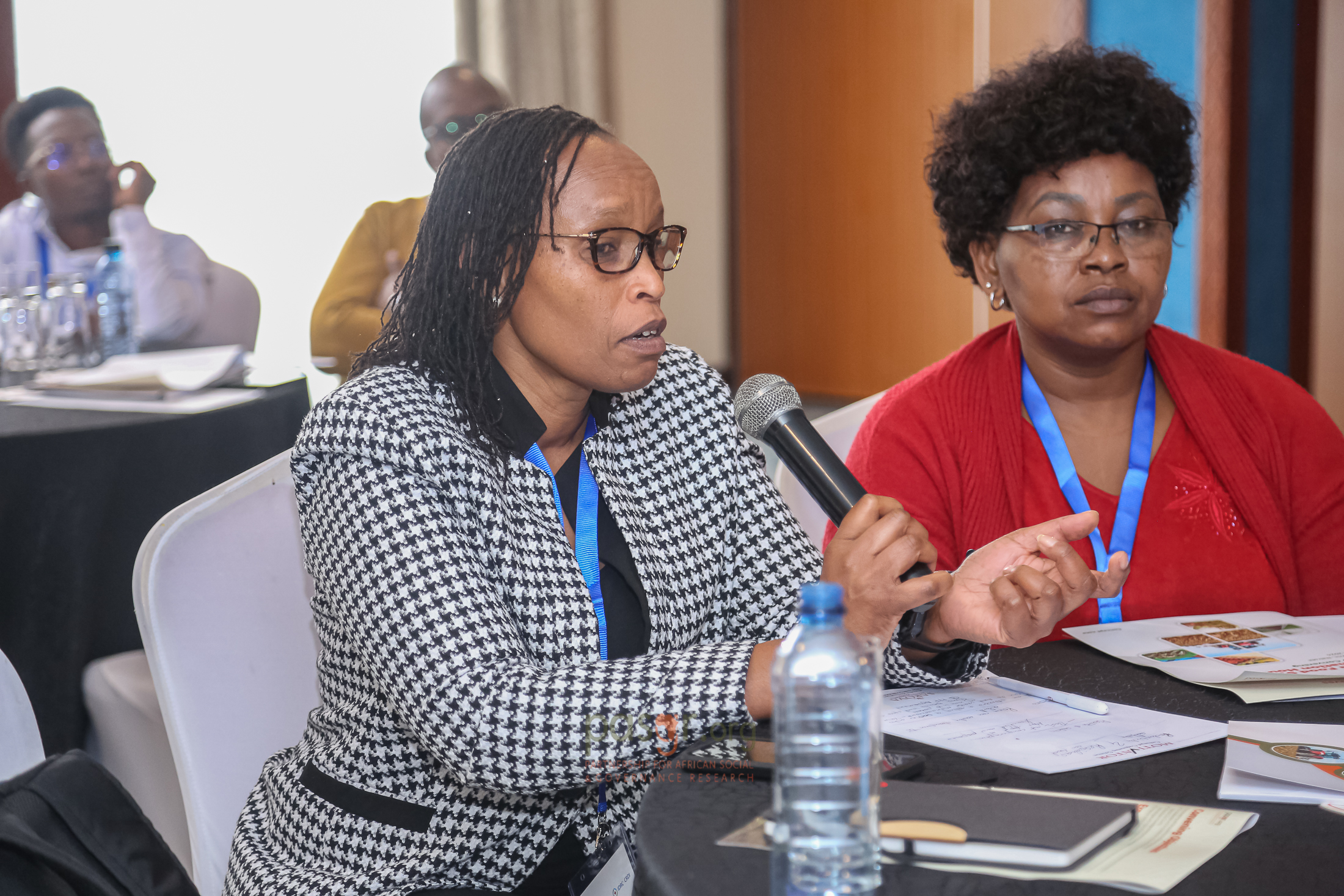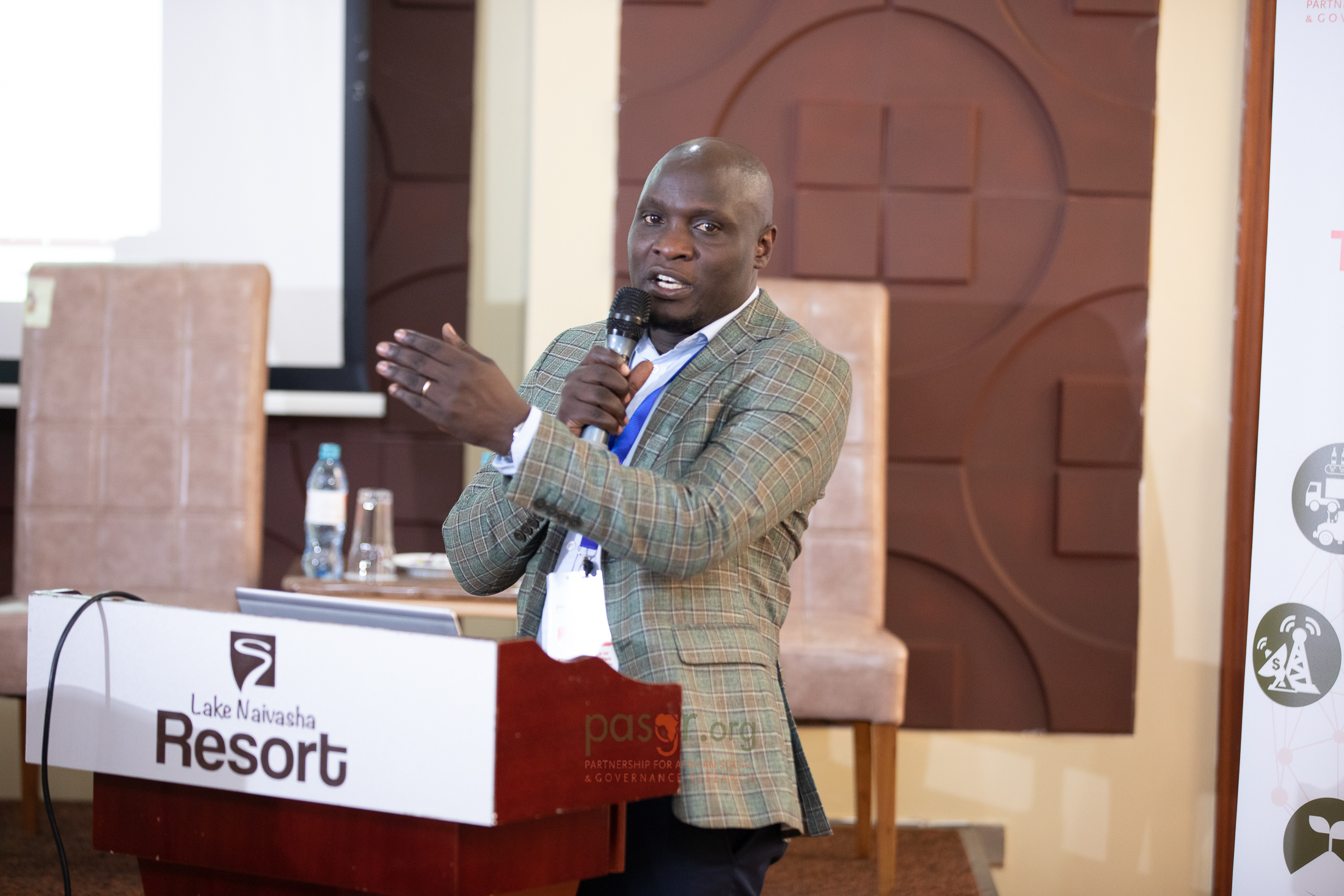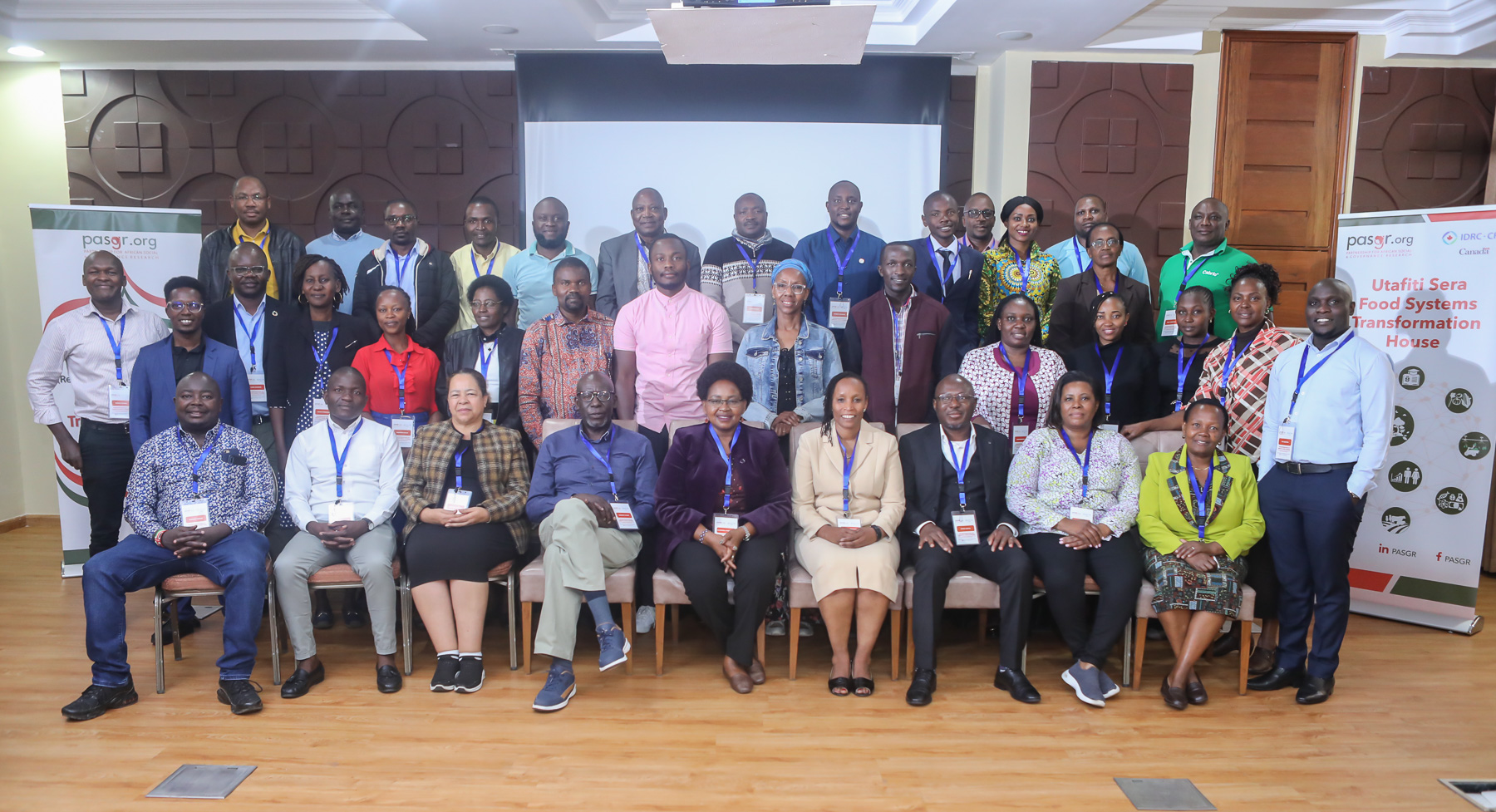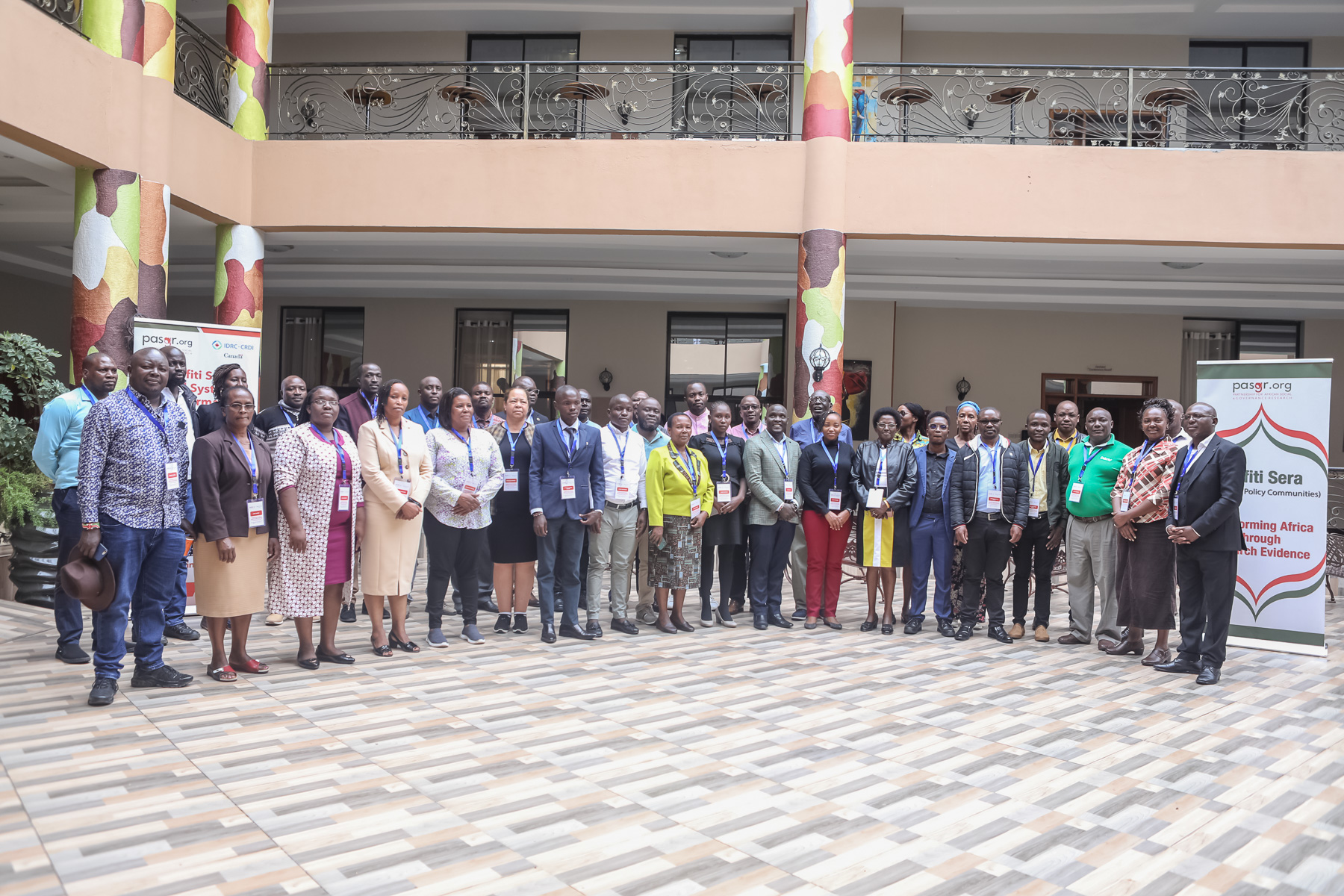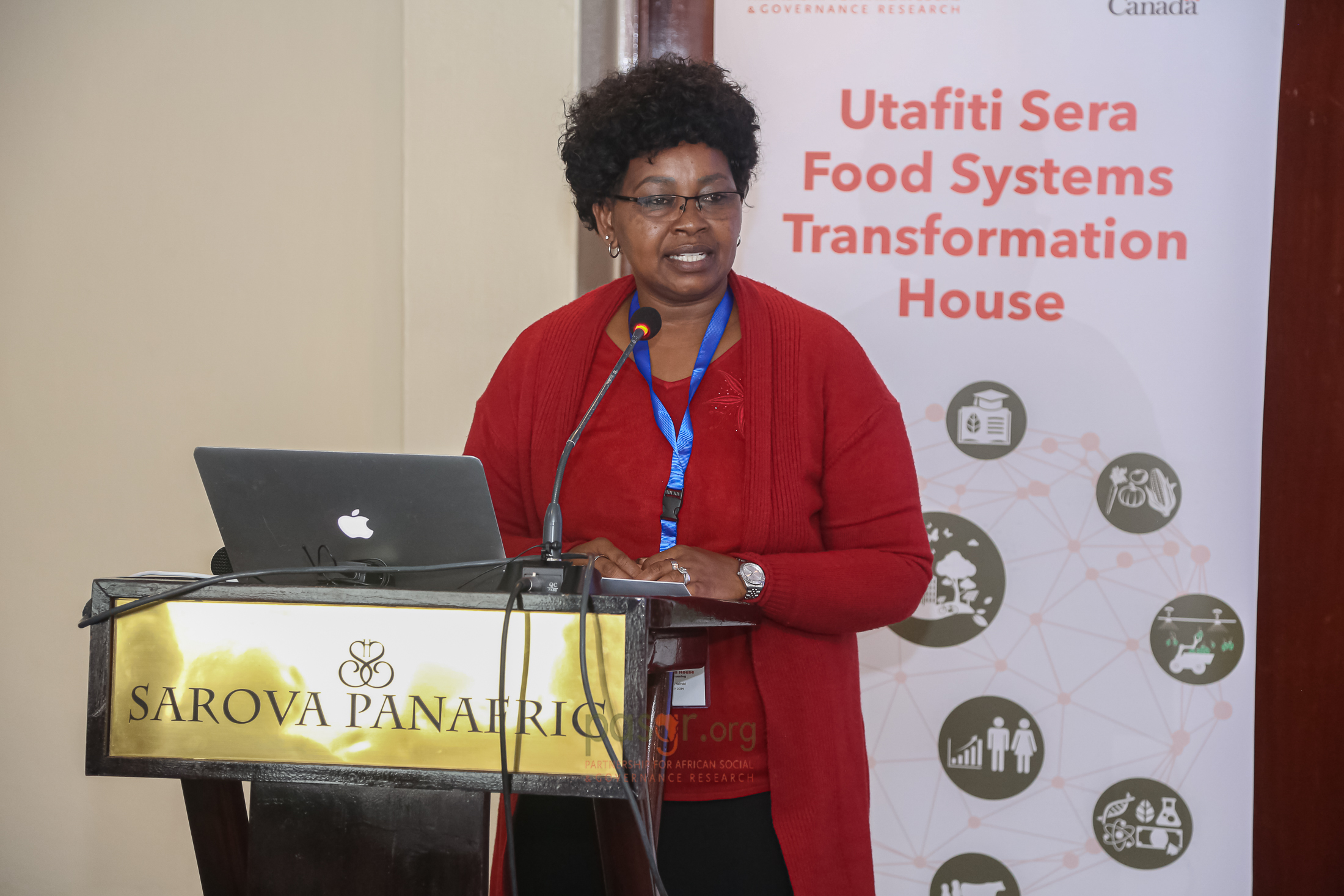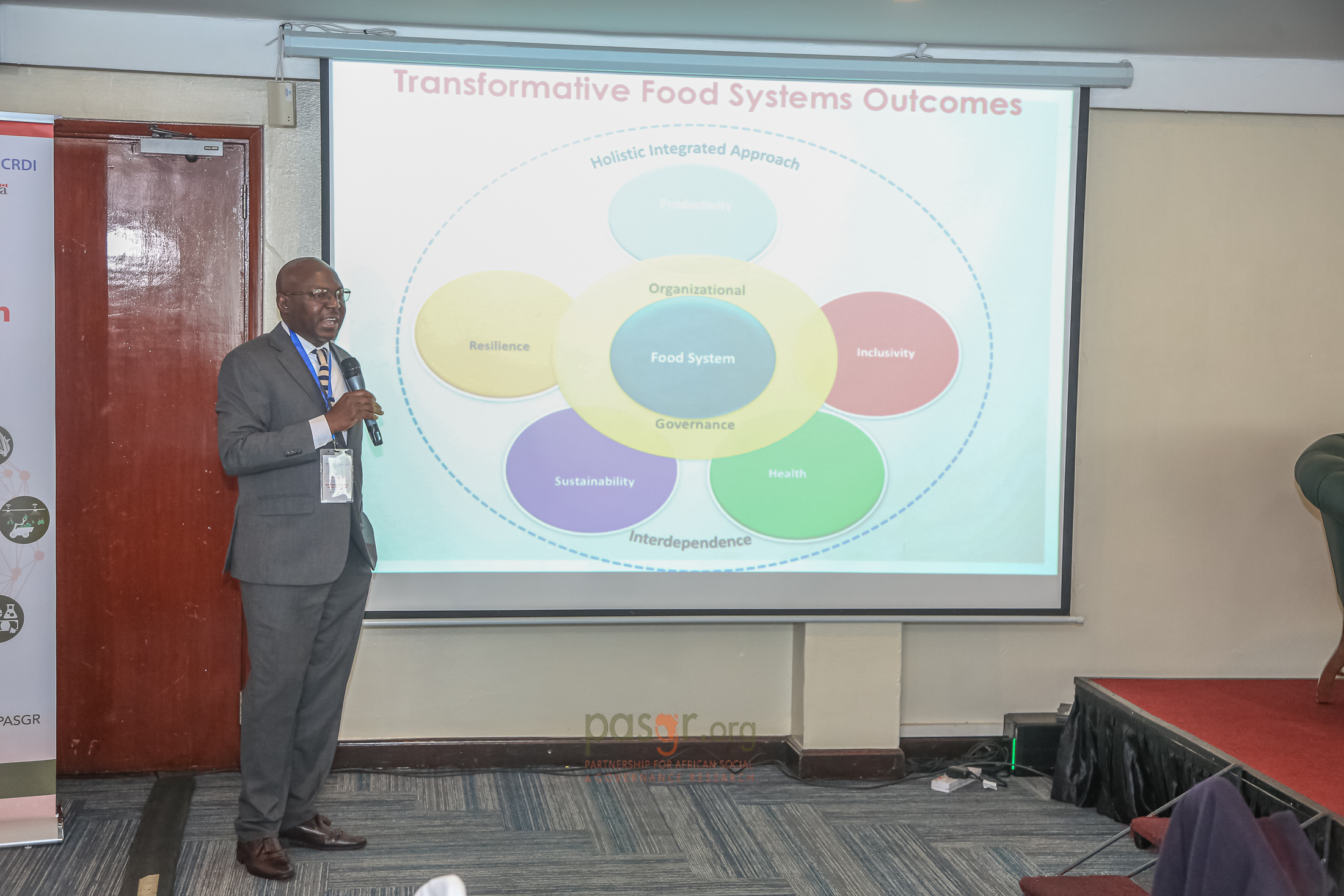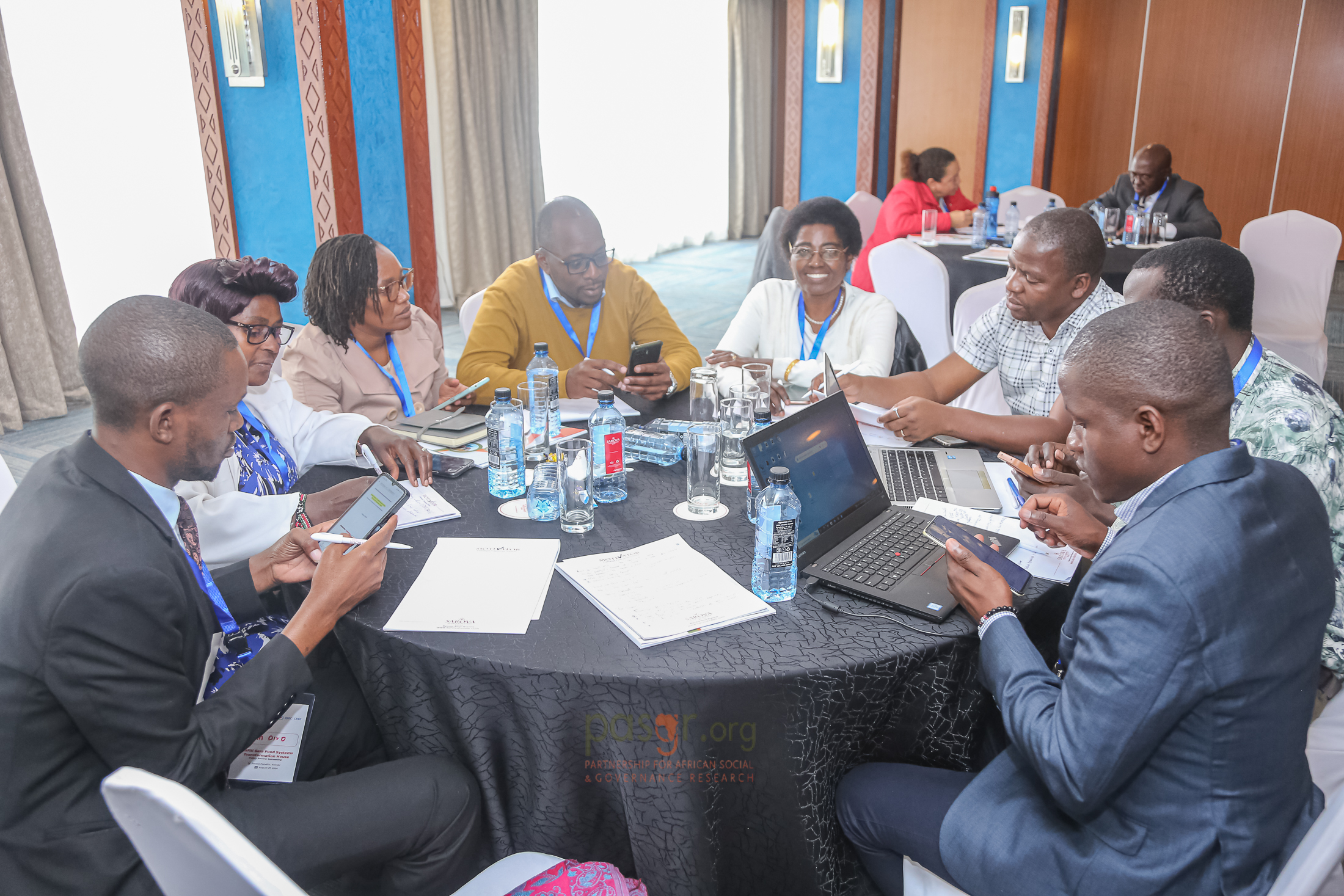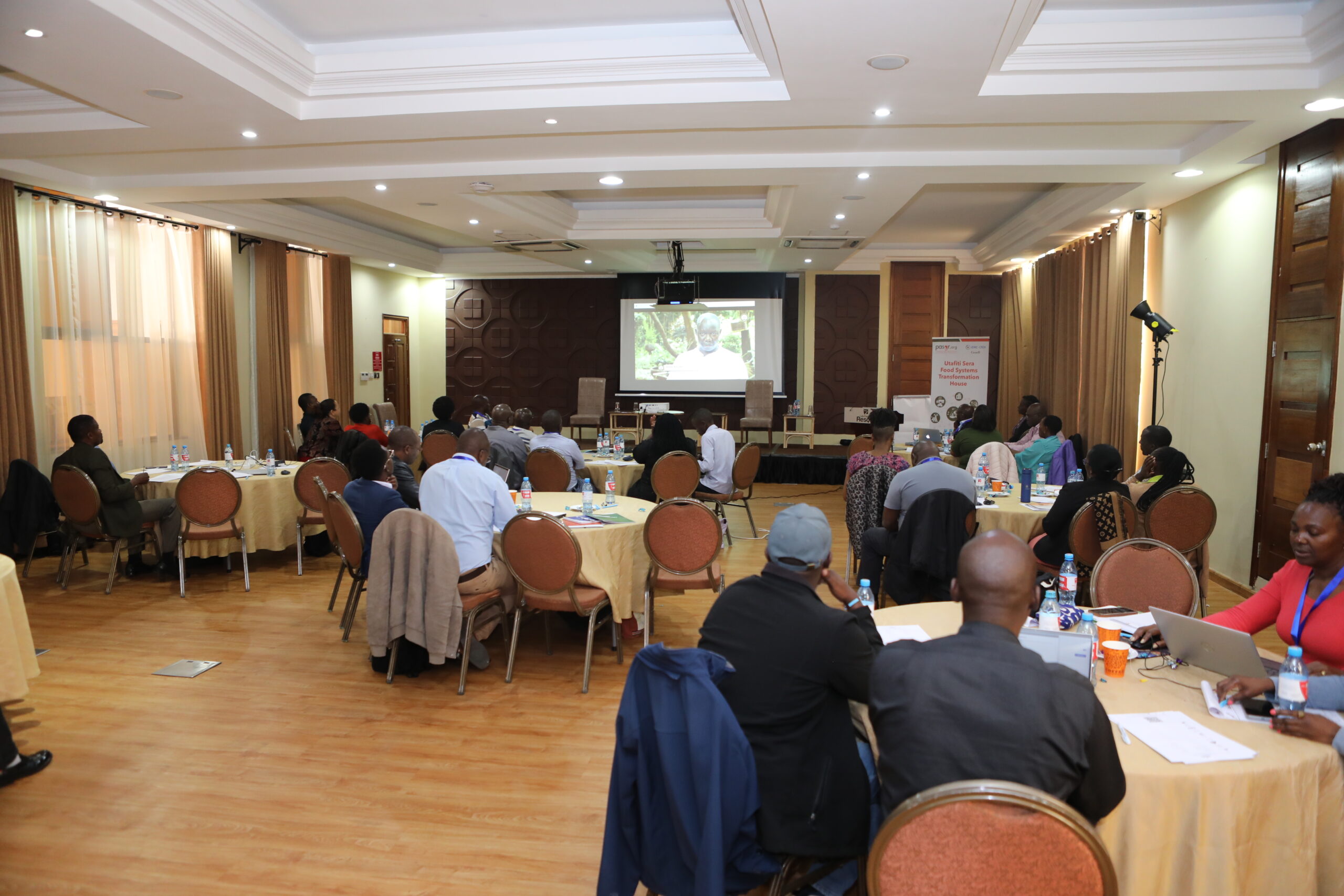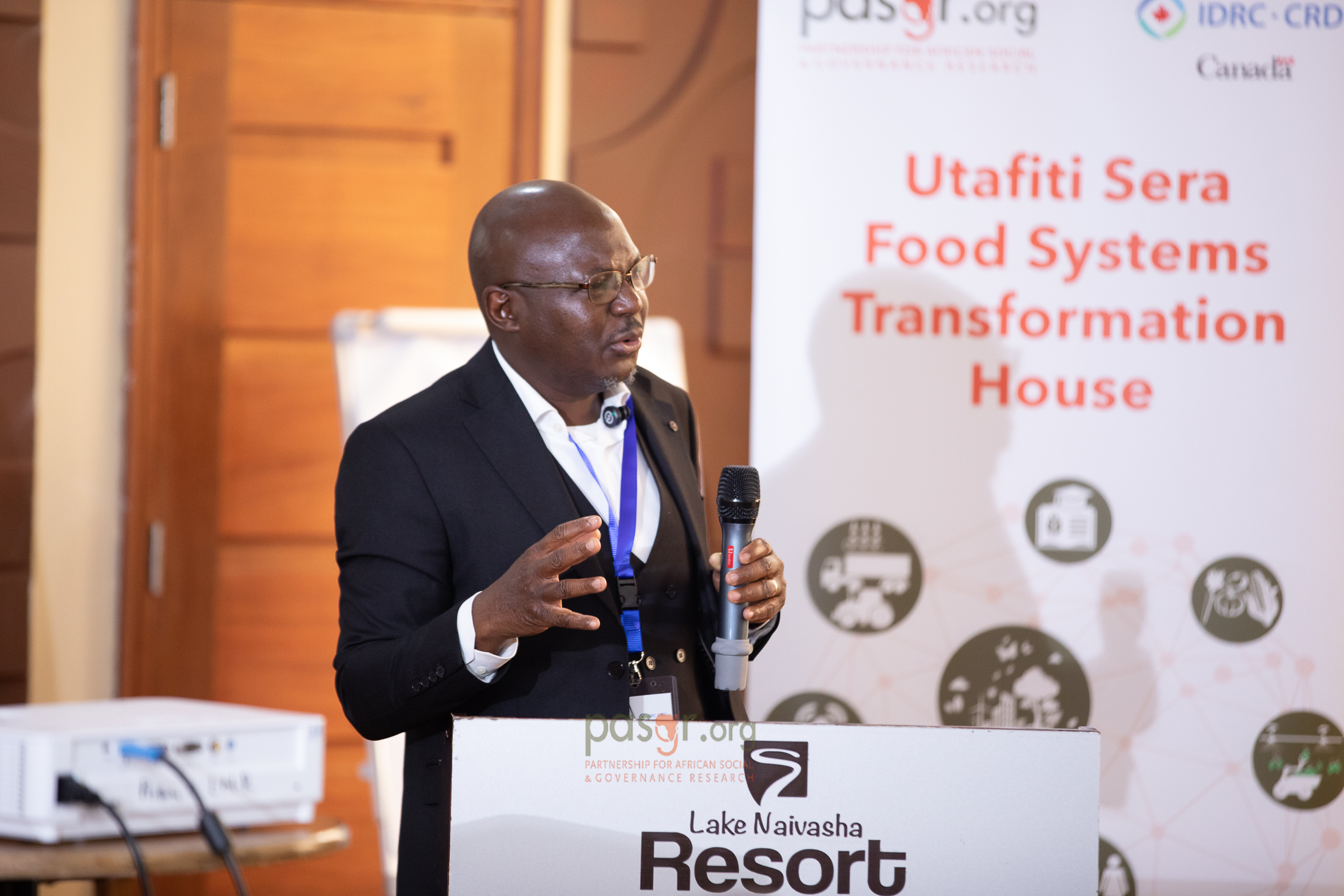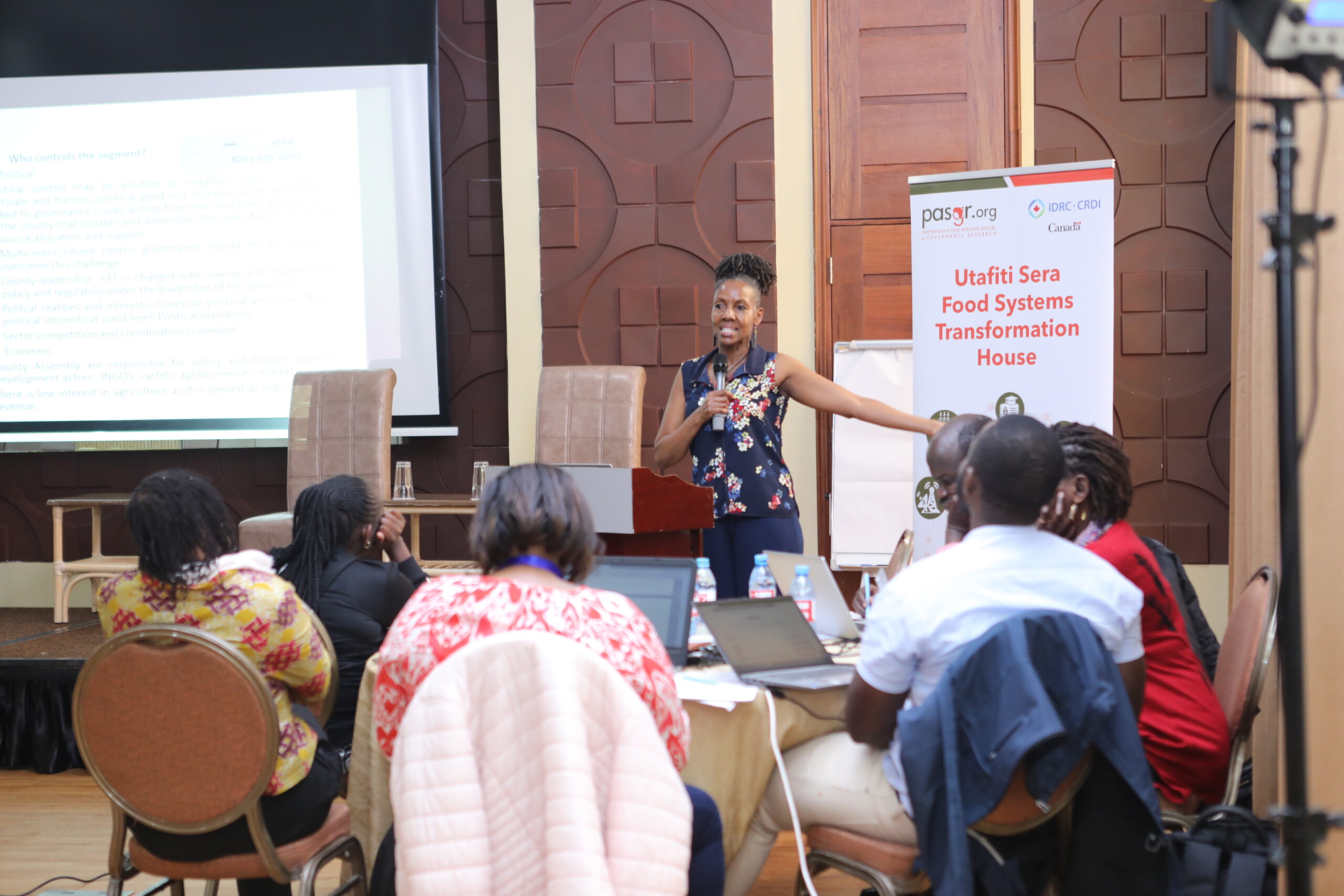Food systems transformation has dominated policy discourse globally as one of the effective ways for achieving optimal level of food security. This stem from the fact that most countries especially in the Global South have undergone a period of food insecurity in the last decade. While food insecurity has persistently haunted the African continent for decades, the outbreak of the COVID-19 pandemic, climate change and conflicts (e.g. the Russia-Ukraine war) have brought to light the inherent weaknesses within food systems in the continent, especially in the Sub-Saharan African nations[IFPRI, “Global Food Policy Report 2023: Rethinking Food Crisis Responses,” 2023]. COVID-19, pandemic along with lockdowns and travel restrictions, disrupted fresh food production, distribution, and consumption, exposing inherent vulnerabilities in our food systems[WFP, “The Lingering Impacts of COVID-19 on Food Security and Livelihoods across the Eastern Africa Region,” 2023].
Transforming food systems necessitates a systemic reflection of the multiplex interactions in food production, processing, distribution and consumption mediated by nutritional, social, environmental and economic outcomes. Although efforts have been made (policy interventions and programmes) by Kenyan government and private sector to ensure food security, food insecurity remains a challenge. While the policy inventions have been lauded, there is no known overarching right to food policy. The policies in the agricultural sector, land policy, planning, finance and other sectors that would contribute to the right to food security are not in sync. There is, therefore, an urgent need for policy framework/legal framework that would make multiple sector policies coherent. The polices have mainly focused on rain-fed traditional agriculture despite the adverse effects of climate change with unpredictable weather patterns leading to prolonged drought period.
The capacities for implementation of these policies and the scope of food system needs to be strengthened. An enabling policy environment for food recovery is lacking. High costs and lack of capacity impede food processing. Consequently, all these bottlenecks from farm-level have serious implications on food consumption patterns in the country, and ultimately the health of consumers. Given the current state of food insecurity in Kenya, prompt and coordinated action from policymakers and stakeholders is imperative. Only through collaborative efforts and holistic approaches can we construct a stronger and more equitable food system that exhibits resilience in the face of imminent challenges.


